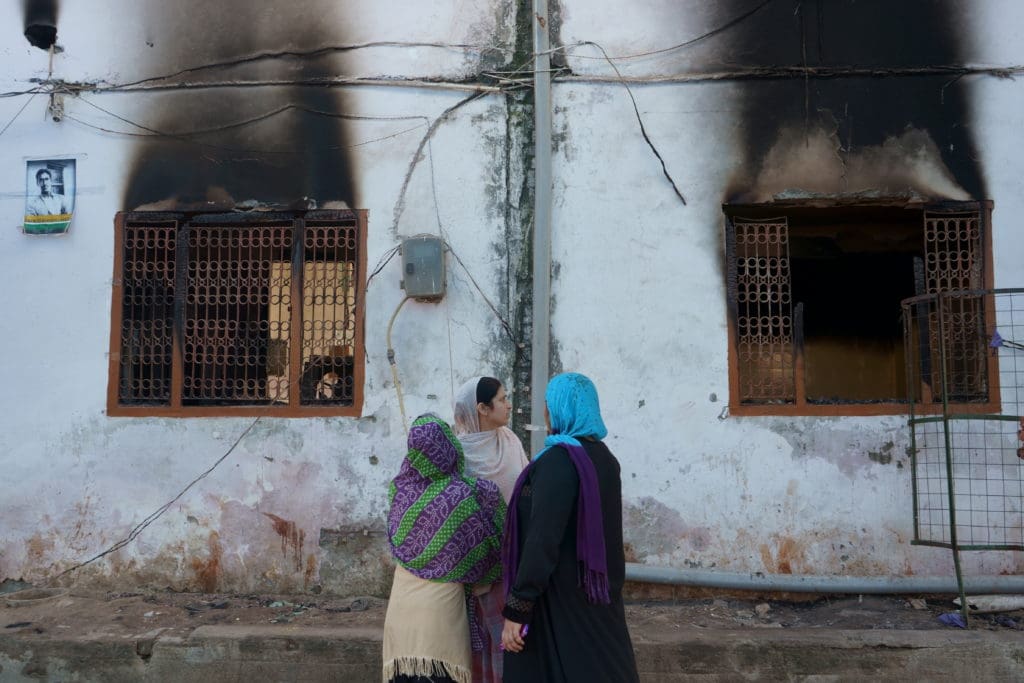
By ABHINAV SEKHRI / Article14
New Delhi: It would be fair to say that, right from the start, the legal system has struggled to come to terms with what happened in 2002, Gujarat, and at no point has it followed the ordinary course laid down by the law.
From reinvestigations by court-appointed special investigation teams, to special fast-track courts, to transfers outside the state; all of these were exceptional interventions, and were conducted under the gaze of the Supreme Court.
For many, it was seen as a testament to the commitment of the judiciary to ensure that justice is not only done but must also be seen to be done, even if, at times, by ignoring regular criminal procedure. As a sitting justice of the Supreme Court recently observed in a public lecture, the law and justice are not the same thing.
We are currently witnessing the aftermath of the most recent turn in this history of procedural exceptions to the law in respect of the Gujarat riots, where in a 24 June 2022 order dismissing petitions [Zakia Ahsan Jafri v. State of Gujarat & Anr.] for proceeding in complaints filed by one of the victims to pursue what has been dubbed as the “larger conspiracy”, the Supreme Court went ahead to make specific and pointed remarks about the roles played by certain individuals, seen by the Court as having preyed on the victims’ emotions to keep the “pot boiling”.
The Court stated in its order that these persons “need to be in the dock and proceeded with in accordance with law”. The very next day, a willing police agency obliged and registered a case against, among others, Teesta Setalvad, a former journalist turned activist, and R B Sreekumar, a former director general of police in Gujarat, with the first information report (FIR) carrying extracts of the Supreme Court’s order.
This is not a piece about whether the Supreme Court could or should have done things differently. That ship has sailed. Nor is this case about whether or not the police ought to have registered a case on the basis of certain observations made in an order (no direction as such was passed calling on any agency to take action).
This piece is about what happened afterwards—the arrests on 25 and 26 June 2022 and custodial detention of a 60-year-old woman and a 75-year old retired public servant. Since a trial court rejected their bail applications on 30 July 2022, this custodial detention continues, with both persons lodged in jail.
Some Foundational Principles
This order rejecting bail came at the end of a month where a different bench of the Supreme Court was at pains to remind the lower judiciary and police about a need to be circumspect in robbing persons of their liberty [Order passed on 11 July 2022 in Satender Kumar Antil v CBI & Ors].
In a section titled ‘role of courts’, the order also noted that courts must not consider extended pretrial custody as a way of doing justice: “Courts tend to think that the possibility of a conviction being nearer to rarity, bail applications will have to be decided strictly, contrary to legal principles. We cannot mix up consideration of a bail application, which is not punitive in nature, with that of a possible adjudication by way of trial.”
Presumably rankled by the arbitrariness of outcomes by the trial courts, which it dubbed as “angels of liberty”, the Supreme Court after a long time expressed support for a statutory measure to rationalise bail decision-making in India.
This story was originally published in article-14.com . Read the full story here





